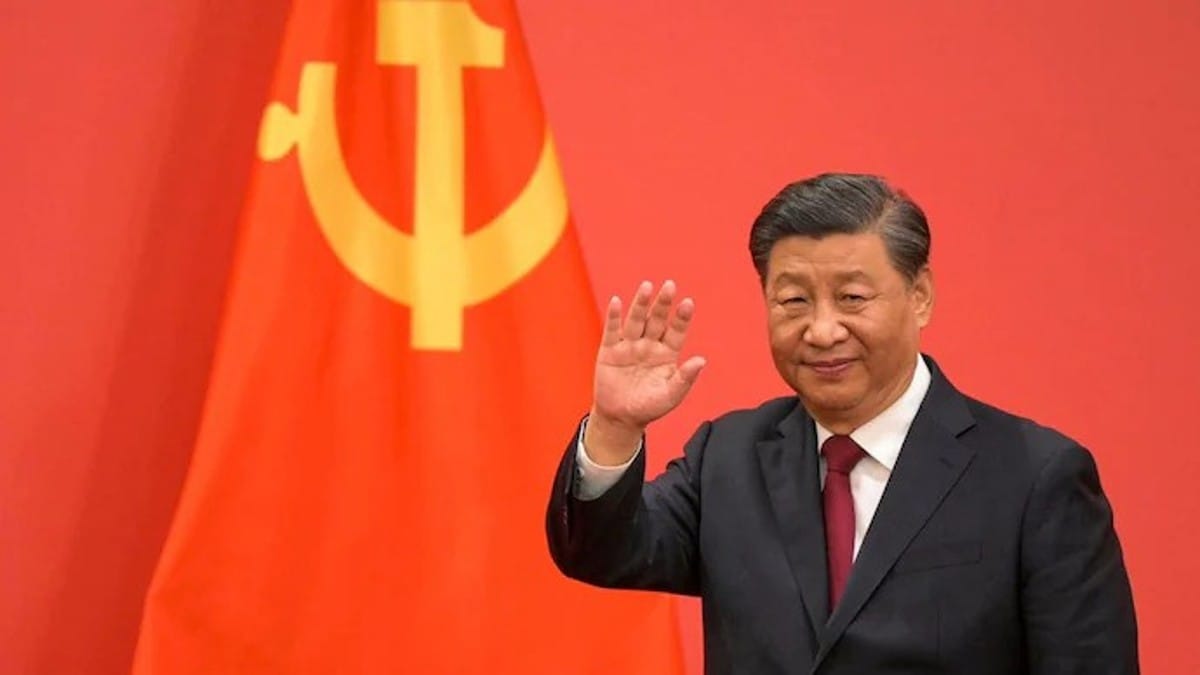On the top of Xi Jinping’s agenda was the ‘Peaceful China Initiative,’ first mentioned in 2013 as Xi assumed the presidency for the first time. Xi said the initiative must be strengthened now and “it can’t be weakened”
read more
Chinese President Xi Jinping is anxious. On Friday (February 28), while addressing the Politburo, he called on the country’s top policymakers to make safeguarding the country’s political system a top priority.
On the top of his agenda was the ‘Peaceful China Initiative,’ first mentioned in 2013 as Xi assumed the presidency for the first time. Xi said the initiative must be strengthened now and “it can’t be weakened”.
Notably, under the so-called Peaceful China Initiative, Xi has carried out high-profile crackdowns in the military, politics as well as security arena.
“We should safeguard the security of the regime, the political system, as well as ideology,” Xi was quoted as saying by South China Morning Post.
“To adapt to changes [in circumstances and targets], the Peaceful China Initiative can only be strengthened, and it cannot be weakened,” the Chinese leader added.
Peaceful China Initiative
First launched in 2013, the idea behind the initiative was to reduce security risks across society by mobilising all of the country’s resources.
Xi punished several businessmen, government officers and military leaders for their ‘wrong-doings’ under this plan. Many local officers were also purged after Xi blamed them for not preventing disaster and causing disruptions.
This also led to the birth of China’s ‘Wolf warrior diplomacy’, which saw Chinese diplomats around the world taking a confrontationist stance and turn hawkish.
All of this has faded over the past years as Chinese economy cooled off, and Beijing realised it required Western markets, investments and tourists to keep its engine up and running.
However, in his Friday address, Xi made clear while economy tops the agenda of his government, national security can’t be put on the backburner.
Micromanaging public
Amidst increased focus on national security, the Chinese government has also showcased its ability to tightly control public movements through both technology and a vast network of local officials.
On Friday, President Jinping called for a system to preempt social unrest, stressing the need for stronger cybersecurity, AI safeguards, and food and industrial safety measures.
He also urged law enforcement to adopt advanced technology to improve social governance.
Additionally, Xi has encouraged officials to apply the “Fengqiao model,” a Mao-era approach that resolves public grievances at the local level.
(With inputs from agencies)

